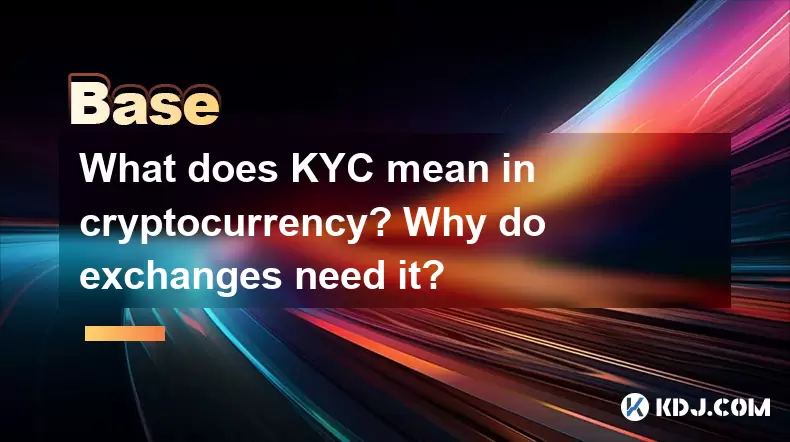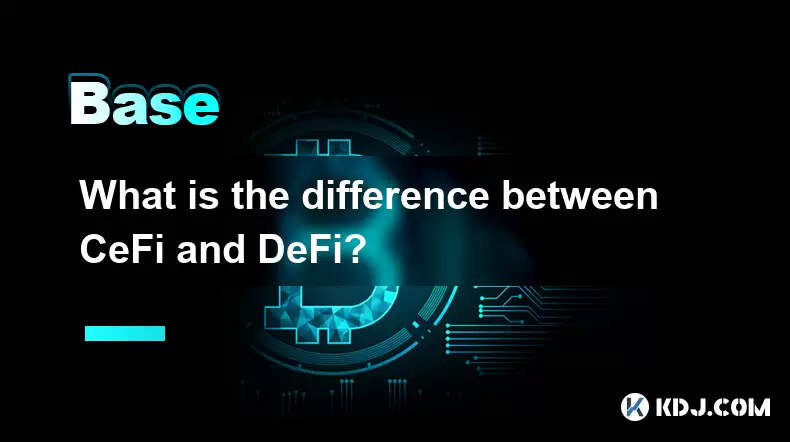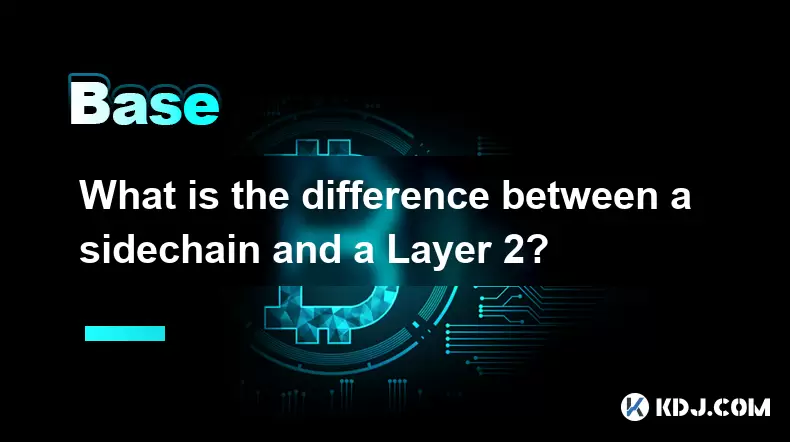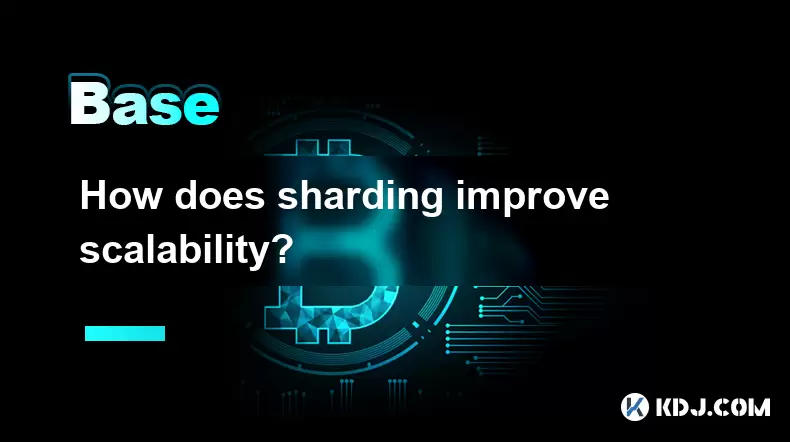-
 Bitcoin
Bitcoin $115200
-2.68% -
 Ethereum
Ethereum $3601
-5.16% -
 XRP
XRP $3.035
-2.96% -
 Tether USDt
Tether USDt $0.9997
-0.04% -
 BNB
BNB $764.5
-5.43% -
 Solana
Solana $168.1
-5.92% -
 USDC
USDC $0.9998
-0.02% -
 Dogecoin
Dogecoin $0.2090
-4.80% -
 TRON
TRON $0.3272
-0.49% -
 Cardano
Cardano $0.7306
-5.00% -
 Hyperliquid
Hyperliquid $39.16
-12.22% -
 Stellar
Stellar $0.3967
-4.96% -
 Sui
Sui $3.566
-5.95% -
 Chainlink
Chainlink $16.55
-6.57% -
 Bitcoin Cash
Bitcoin Cash $552.3
-3.90% -
 Hedera
Hedera $0.2516
-4.69% -
 Avalanche
Avalanche $21.99
-5.75% -
 Toncoin
Toncoin $3.621
-0.28% -
 Ethena USDe
Ethena USDe $1.000
-0.03% -
 UNUS SED LEO
UNUS SED LEO $8.951
0.02% -
 Litecoin
Litecoin $105.9
-3.59% -
 Shiba Inu
Shiba Inu $0.00001232
-5.00% -
 Polkadot
Polkadot $3.640
-5.55% -
 Uniswap
Uniswap $9.048
-7.03% -
 Monero
Monero $301.8
-1.51% -
 Dai
Dai $0.9999
-0.01% -
 Bitget Token
Bitget Token $4.334
-3.66% -
 Pepe
Pepe $0.00001064
-6.17% -
 Cronos
Cronos $0.1367
-5.78% -
 Aave
Aave $259.2
-4.59%
What does KYC mean in cryptocurrency? Why do exchanges need it?
KYC in crypto verifies user identities to prevent fraud, comply with regulations, and build trust, though some platforms offer privacy-focused alternatives without it.
Jun 11, 2025 at 02:35 am

What is KYC in the Context of Cryptocurrency?
KYC, which stands for Know Your Customer, refers to a set of procedures that financial institutions and businesses use to verify the identity of their clients. In the cryptocurrency industry, this typically involves collecting personal information such as full name, date of birth, address, and government-issued identification documents like passports or driver's licenses.
Cryptocurrency exchanges implement KYC protocols to ensure that users are who they claim to be. This process helps prevent fraudulent activities, money laundering, and other forms of financial crime. While cryptocurrencies were initially seen as anonymous or pseudonymous, regulatory pressures have pushed most major exchanges to adopt KYC measures to comply with global laws.
Why Do Cryptocurrency Exchanges Require KYC?
One of the primary reasons exchanges require KYC is due to legal and regulatory obligations. Governments around the world have introduced anti-money laundering (AML) regulations that apply to digital assets. As a result, exchanges must perform due diligence on their users to remain compliant with these rules.
Another reason is risk management. By verifying user identities, exchanges can monitor suspicious transactions and flag potential threats before they escalate into larger issues. Additionally, KYC helps protect the platform from being used by malicious actors, including terrorists and cybercriminals.
Moreover, implementing KYC processes can enhance trust among institutional investors. Many large financial players are hesitant to engage with crypto platforms unless there are clear verification mechanisms in place. This has led to increased adoption of KYC policies across reputable exchanges globally.
How Does the KYC Process Work on Crypto Exchanges?
When you sign up on a cryptocurrency exchange that requires KYC, you will typically go through the following steps:
- Account Registration: You start by creating an account using your email address and setting a secure password.
- Personal Information Submission: You're asked to provide details such as your full legal name, date of birth, nationality, and residential address.
- Document Upload: Most exchanges ask users to upload a copy of a valid ID, such as a passport, national ID card, or driver’s license.
- Selfie Verification: Some platforms may request a selfie holding your ID document to confirm it belongs to you.
- Verification Wait Time: Once all documents are submitted, the exchange reviews them, usually within minutes to several days depending on the platform.
- Completion Notification: Upon approval, you receive confirmation that your KYC is complete, allowing you to access higher trading limits or additional services.
This process ensures that only verified individuals can participate in trading, depositing, and withdrawing funds from the platform.
Are There Any Alternatives to KYC-Based Exchanges?
Yes, there are decentralized exchanges (DEXs) and some peer-to-peer platforms that do not require KYC. These platforms operate without central authority and allow users to trade directly from their wallets without revealing personal information.
However, while non-KYC platforms offer more privacy, they also come with certain limitations. For instance, they often have lower liquidity, fewer trading pairs, and limited customer support. Additionally, because these platforms aren’t regulated, they may be more vulnerable to scams or hacking attempts.
Some centralized exchanges also offer limited access without KYC, such as basic trading with caps on daily transaction volumes. If you wish to increase your withdrawal or trading limits, completing KYC becomes mandatory.
It's important to weigh the pros and cons of KYC vs non-KYC platforms based on your individual needs, whether it's privacy, convenience, security, or regulatory compliance.
What Are the Privacy Concerns Around KYC in Crypto?
A common concern among crypto users is the collection and storage of personal data during the KYC process. Users worry about how their sensitive information is handled and whether it could be leaked or misused.
Exchanges are expected to follow strict data protection protocols to safeguard user information. However, data breaches have occurred in the past, leading to concerns over the security of KYC databases. To mitigate risks, many platforms now use encryption and multi-factor authentication to protect stored data.
Additionally, users should carefully read the privacy policy of any exchange before submitting documents. It’s crucial to understand how long the platform retains your data, under what circumstances it might be shared, and what rights you have regarding your personal information.
Some users choose to use privacy-focused tools like burner emails or temporary phone numbers when registering for accounts to minimize exposure of personal details.
Frequently Asked Questions
1. Can I skip KYC on major crypto exchanges?
Most major exchanges require KYC to unlock full functionality. However, you may be able to perform limited trades or deposits without it, but withdrawals and higher transaction limits will generally require verification.
2. Is my KYC data shared with third parties?
Reputable exchanges do not share KYC data with third parties unless required by law enforcement or regulatory authorities. Always check the exchange’s privacy policy to understand its data-sharing practices.
3. How long does the KYC process take?
The time varies by platform and volume of requests. Most automated systems complete verification within minutes, while manual reviews may take up to 48 hours or longer during peak times.
4. What documents are acceptable for KYC verification?
Commonly accepted documents include a government-issued ID such as a passport, national ID card, or driver’s license. Some platforms may also accept utility bills or bank statements as proof of address.
Disclaimer:info@kdj.com
The information provided is not trading advice. kdj.com does not assume any responsibility for any investments made based on the information provided in this article. Cryptocurrencies are highly volatile and it is highly recommended that you invest with caution after thorough research!
If you believe that the content used on this website infringes your copyright, please contact us immediately (info@kdj.com) and we will delete it promptly.
- Litecoin Price Watch: UNIL Pump & Staking Success Steal the Show?
- 2025-08-02 02:50:12
- Bitcoin, Crypto, Gambling Sites: 2025's Hottest Trends and Where to Bet
- 2025-08-02 02:50:12
- FTX Token's Wild Ride: FTT Drop Amidst Creditor Repayment Buzz
- 2025-08-02 01:30:12
- Navigating the Crypto Market: Bitcoin, Trader Experience, and Avoiding the Noise
- 2025-08-02 00:50:12
- Deep Agents, AI Task Management, and Evolution AI: A New Era?
- 2025-08-02 00:50:12
- AAVE Price Under Pressure: Technical Indicators Point to Bearish Momentum
- 2025-08-02 02:10:12
Related knowledge

What is the difference between CeFi and DeFi?
Jul 22,2025 at 12:28am
Understanding CeFi and DeFiIn the world of cryptocurrency, CeFi (Centralized Finance) and DeFi (Decentralized Finance) represent two distinct financia...

How to qualify for potential crypto airdrops?
Jul 23,2025 at 06:49am
Understanding What Crypto Airdrops AreCrypto airdrops refer to the distribution of free tokens or coins to a large number of wallet addresses, often u...

What is a crypto "airdrop farmer"?
Jul 24,2025 at 10:22pm
Understanding the Role of a Crypto 'Airdrop Farmer'A crypto 'airdrop farmer' refers to an individual who actively participates in cryptocurrency airdr...

What is the difference between a sidechain and a Layer 2?
Jul 20,2025 at 11:35pm
Understanding the Concept of SidechainsA sidechain is a separate blockchain that runs parallel to the main blockchain, typically the mainnet of a cryp...

What is the Inter-Blockchain Communication Protocol (IBC)?
Jul 19,2025 at 10:43am
Understanding the Inter-Blockchain Communication Protocol (IBC)The Inter-Blockchain Communication Protocol (IBC) is a cross-chain communication protoc...

How does sharding improve scalability?
Jul 20,2025 at 01:21am
Understanding Sharding in BlockchainSharding is a database partitioning technique that is increasingly being adopted in blockchain technology to enhan...

What is the difference between CeFi and DeFi?
Jul 22,2025 at 12:28am
Understanding CeFi and DeFiIn the world of cryptocurrency, CeFi (Centralized Finance) and DeFi (Decentralized Finance) represent two distinct financia...

How to qualify for potential crypto airdrops?
Jul 23,2025 at 06:49am
Understanding What Crypto Airdrops AreCrypto airdrops refer to the distribution of free tokens or coins to a large number of wallet addresses, often u...

What is a crypto "airdrop farmer"?
Jul 24,2025 at 10:22pm
Understanding the Role of a Crypto 'Airdrop Farmer'A crypto 'airdrop farmer' refers to an individual who actively participates in cryptocurrency airdr...

What is the difference between a sidechain and a Layer 2?
Jul 20,2025 at 11:35pm
Understanding the Concept of SidechainsA sidechain is a separate blockchain that runs parallel to the main blockchain, typically the mainnet of a cryp...

What is the Inter-Blockchain Communication Protocol (IBC)?
Jul 19,2025 at 10:43am
Understanding the Inter-Blockchain Communication Protocol (IBC)The Inter-Blockchain Communication Protocol (IBC) is a cross-chain communication protoc...

How does sharding improve scalability?
Jul 20,2025 at 01:21am
Understanding Sharding in BlockchainSharding is a database partitioning technique that is increasingly being adopted in blockchain technology to enhan...
See all articles

























































































